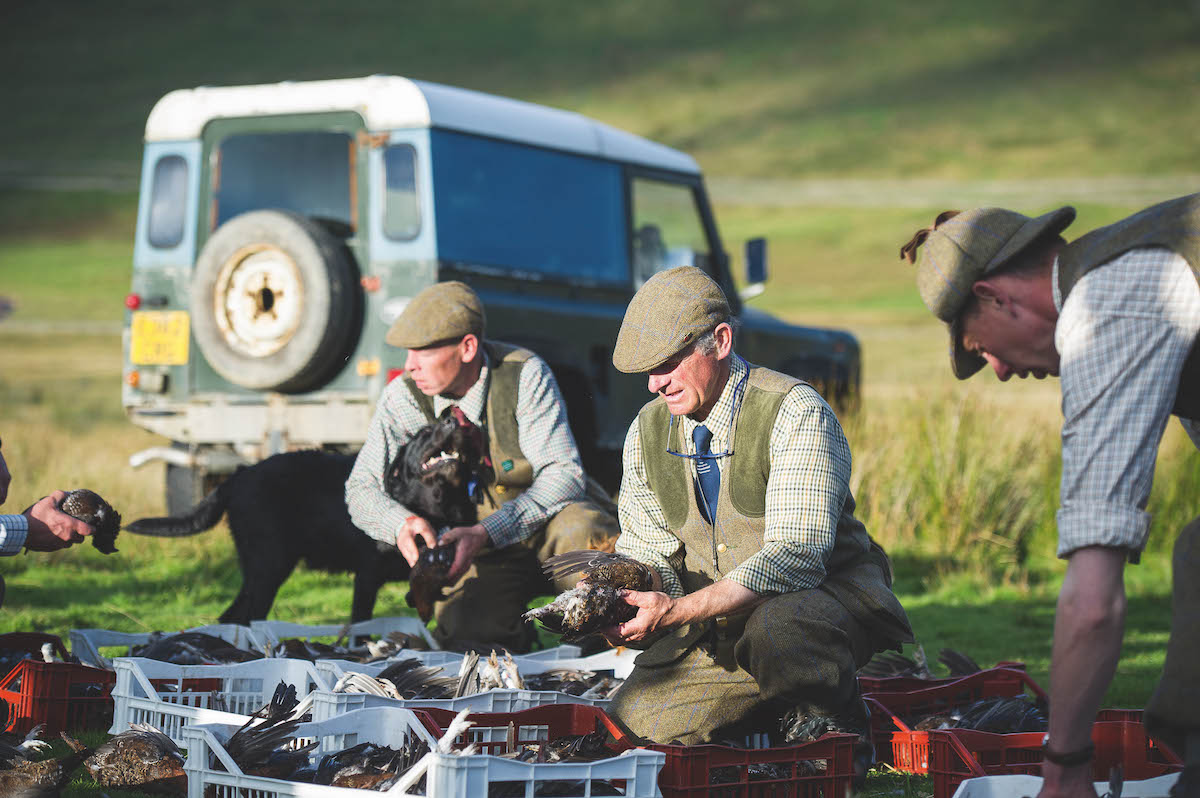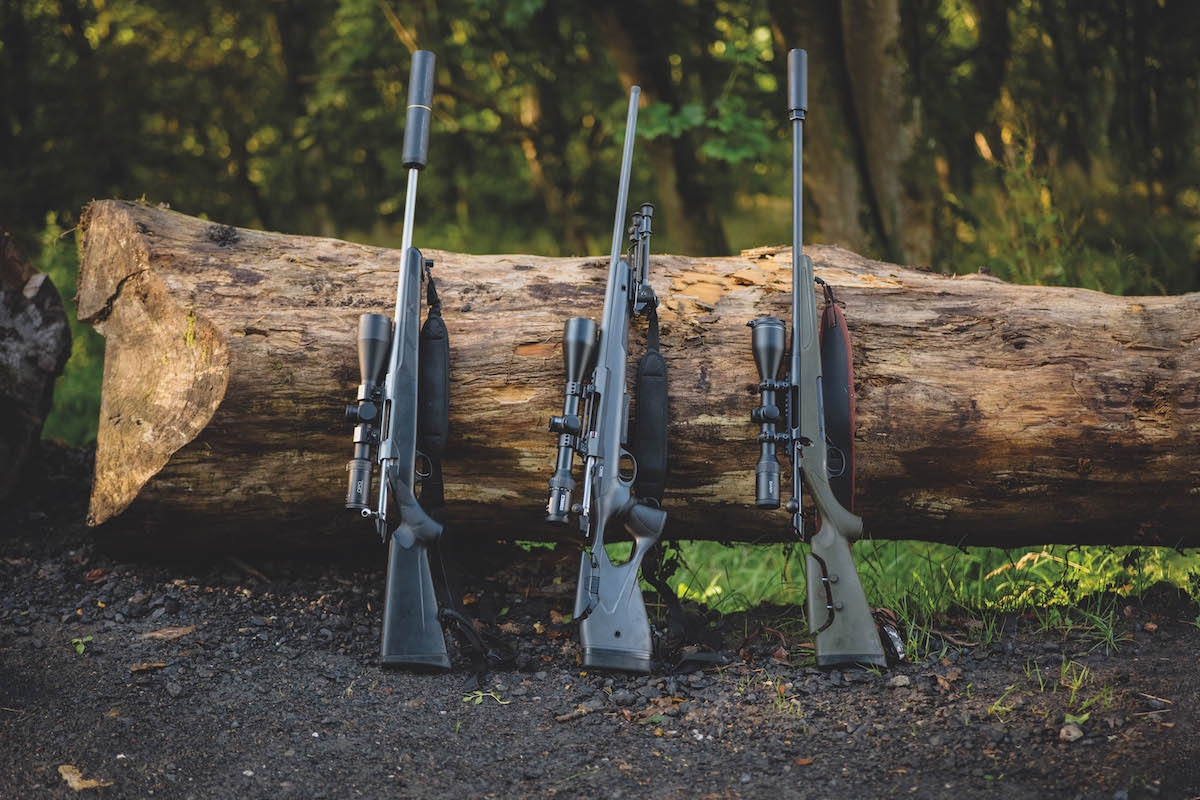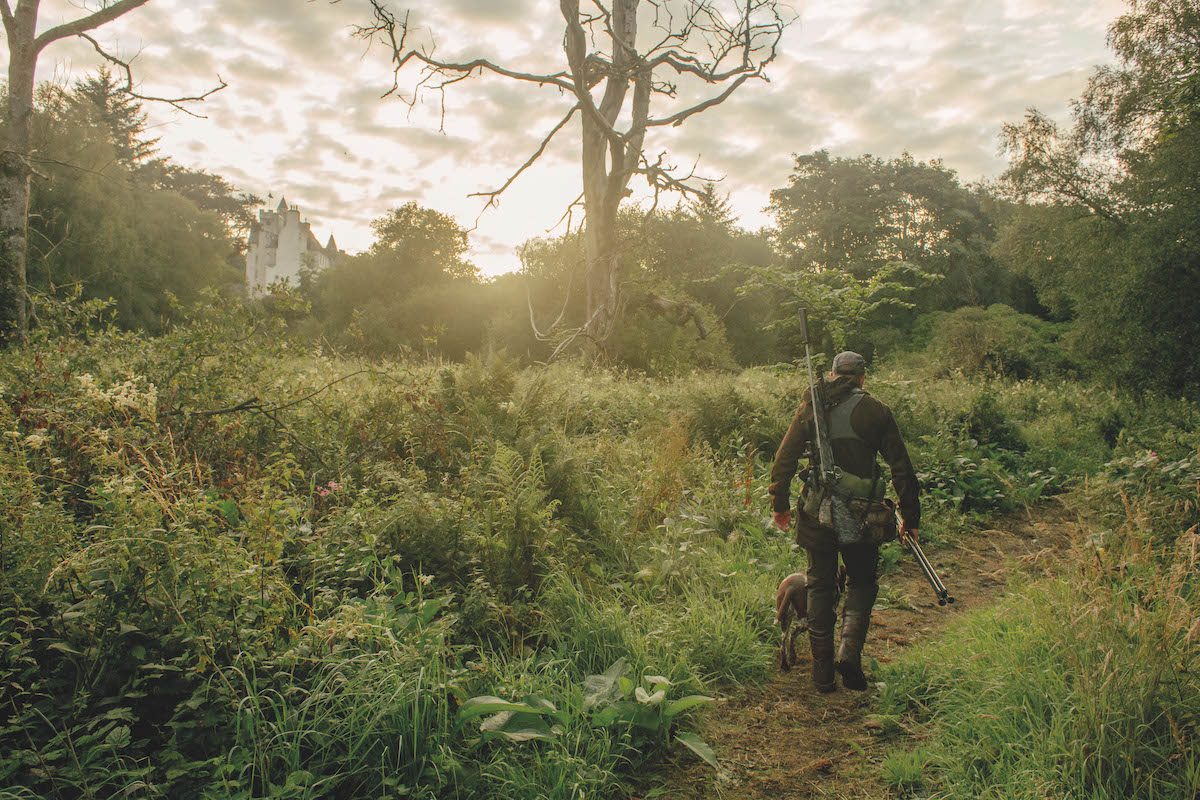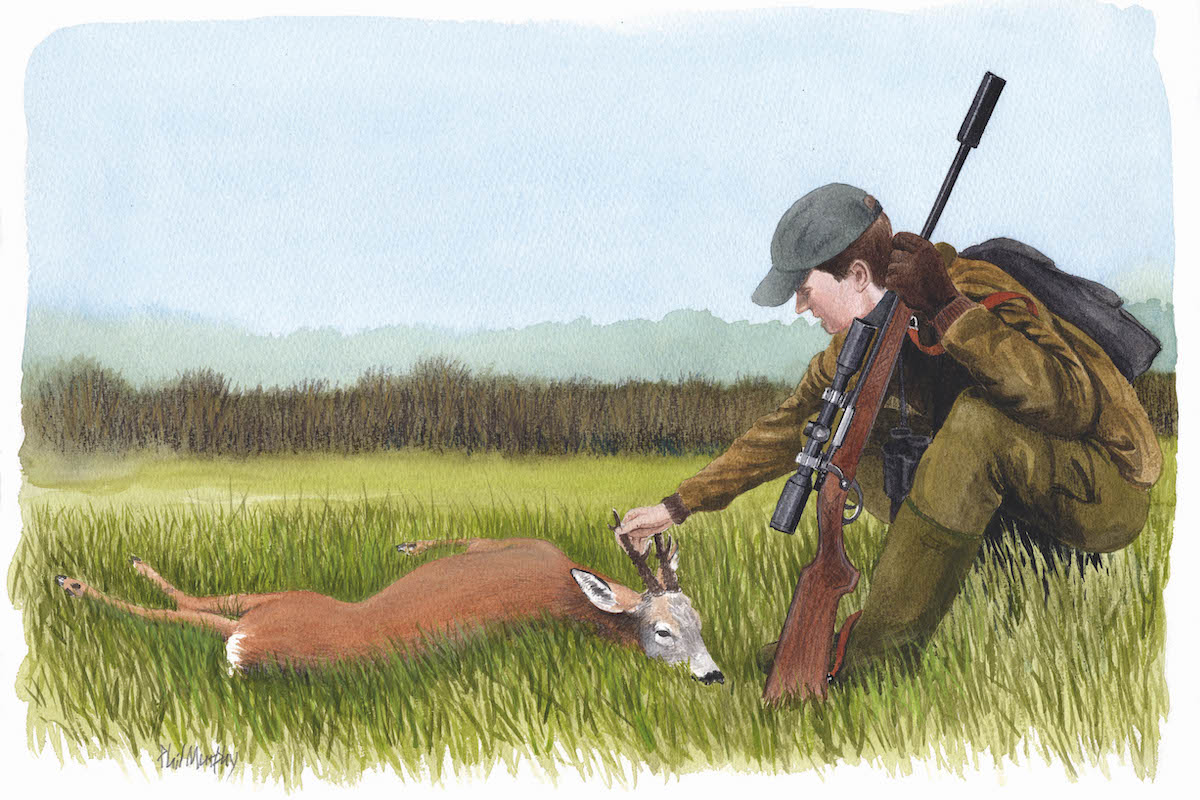Are gamedealers the unsung heroes of the shooting community?
Gamedealers get a certain amount of stick from parts of the shooting community, but we would be in a pretty dangerous place without them, says Alasdair Mitchell

As you splutter over your cocoa, let me tell you about a professional deer manager I used to know some years ago. He was always complaining about his gamedealer. This dealer, apparently, was pernickety about carcass quality and always docking money. Every time the stalker and I stopped by the estate’s deer larder, the mere sight of a beast hanging in the chiller would set him off on one of his grumble-fests about the gamedealing fraternity in general and his local dealer in particular.
Gamedealer gone
Then, one day, the gamedealer in question was no longer there. I cannot recall whether he had actually gone bust or simply given up. Anyway, cue a severe outbreak of acute consternation from the stalker. What on earth was he going to do with his deer carcasses now? The estate factor suggested that he should try to develop some direct sales. But not only was that far beyond the stalker’s comfort zone, he simply didn’t have the time, facilities or expertise — and let’s not even mention some of the regulatory hurdles that existed even in those days. (Read how to sell your game without going through a gamedealer.)
After some desperate ringing around, another gamedealer stepped into the breach. His prices were even lower than his predecessor’s, but the stalker no longer complained. He even seemed grateful, in his own way. The reality had sunk in. Gamedealers perform an essential function. How they manage to make a living out of game is their business — literally.
Yes, if we all ate every piece of everything we shot, the role of gamedealer might be largely redundant. Wildfowlers, rough shooters and small syndicate shoots do indeed eat what they shoot or give the meat to friends and family. This is commendable. But it doesn’t apply to large swathes of shooting activity.
Just look at the quantity of pheasants shot on a driven day or the number of deer culled in the UK annually. Without gamedealers who have commercial relationships with buyers and retail outlets, how would all that good meat get on to people’s plates? If we didn’t have professionals processing and marketing game, what would happen to it?
If the link between shooting and human food is ever broken, then all recreational shooting will be in peril, not just driven game. The reason why many major gamedealers no longer accept game shot with lead is simple: their customers don’t want meat contaminated with a toxic metal. Things have changed so much in recent years that some smaller shoots now have to pay to have their birds collected. The value of game could be undermined even further if we don’t adapt.
Other countries don’t have the same problem because they tend not to have the same type of shooting. The average US hunter may bag fewer birds in an entire season than some of us do in one day. As for deer, UK stalkers shoot numbers that are beyond the dreams of our transatlantic cousins. A biography of the late Jack O’Connor, the American rifleman, revealed that he shot an average of two deer a year. Let’s be thankful for our gamedealers.








